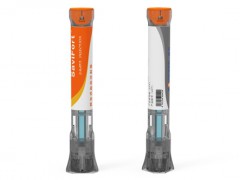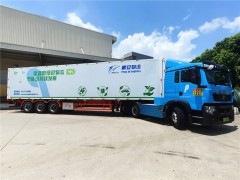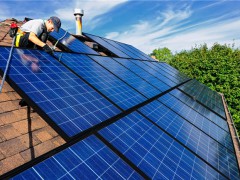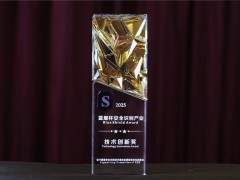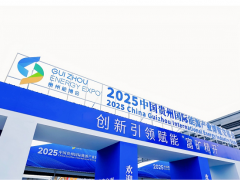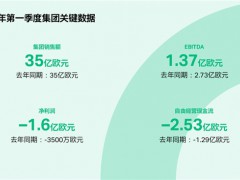據世界能源新聞2021年5月13日報道,2021年5月10日,由日本郵船散貨運輸(亞洲)有限公司(NYK Bulkship (Asia) Pte. Ltd.)所有的“Takaroa Sun號”雙燃料甲醇化學品油輪參與了被視為世界上第一次駁船對船的甲醇燃料加注。
首次駁船對船的甲醇燃料加注作業是在租船公司Waterfront 船務有限公司的領導下,與鹿特丹港、皇家荷蘭孚寶集團和TankMatch B.V.合作在鹿特丹港進行并完成的。
與常規燃料油相比,甲醇燃料在燃燒過程中最多可減少15%的碳排放,并減少大約99%的硫氧化物(SOx)排放。顆粒物(PM)和氮氧化物(NOx)排放也顯著減少。
甲醇有望成為未來船舶的下一代燃料之一,其對環境的影響很小。
李峻 編譯自 世界能源新聞
原文如下:
World's First Barge-to-Ship Methanol Bunkering Carried out in Rotterdam
On May 10, 2021, the methanol-dual fueled chemical tanker Takaroa Sun, owned by NYK Bulkship (Asia) Pte. Ltd. participated in what is touted as the world’s first barge-to-ship bunkering of methanol fuel.
The bunkering of methanol fuel was conducted in Rotterdam port under the leadership of the charterer Waterfront Shipping Company Limited, together with the cooperation of the Port of Rotterdam, Royal Vopak N.V., and TankMatch B.V.
Methanol fuel produces up to 15% less carbon emissions during combustion than conventional fuel oil and reduces sulfur oxide (SOx) emissions by approximately 99%. Particulate matter (PM) and nitrogen oxides (NOx) are significantly reduced as well. Methanol is expected to be one of the next-generation fuels for future ships that will have a low environmental impact.
免責聲明:本網轉載自其它媒體的文章,目的在于弘揚石化精神,傳遞更多石化信息,并不代表本網贊同其觀點和對其真實性負責,在此我們謹向原作者和原媒體致以敬意。如果您認為本站文章侵犯了您的版權,請與我們聯系,我們將第一時間刪除。

